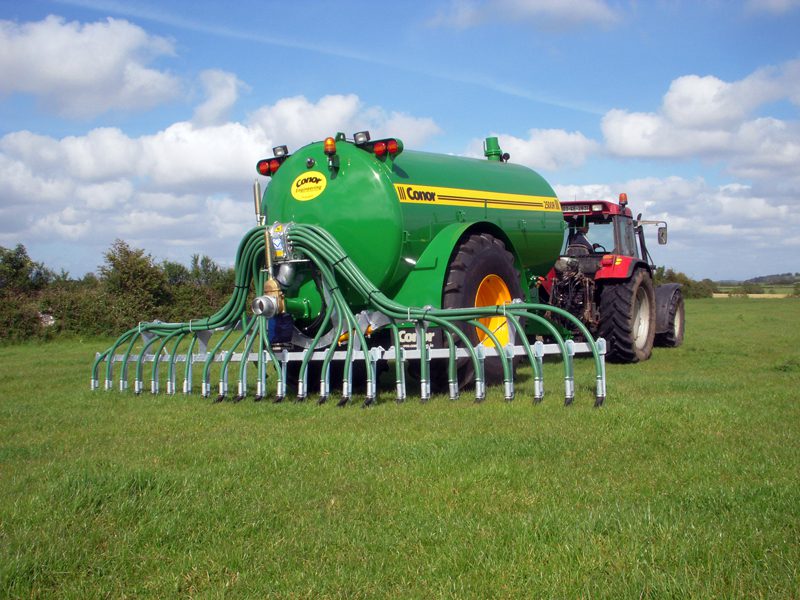The Department of Agriculture, Food and the Marine (DAFM) has today (Wednesday, September 14) announced that Nitrogen and Phosphorous (N and P) statements are now available online.
The statements cover the seven-month period from January 1 to July 31 this year and apply to cattle only.
A spokesperson for the department said that the statements allow farmers to plan for the coming year and also help to ensure compliance with the Nitrates Regulations, thus avoiding penalties for breaching limits.
These limits are 170kg of livestock manure nitrogen per hectare, or 250kg N/ha for farmers with an approved derogation.
From March 9, 2022, the maximum stocking rate permitted for commonage is 50kg N/ha with no chemical nitrogen permitted.
In a statement, the department outlined several measures which it said all farmers can take to avoid exceeding the nitrates limits including:
- Renting additional land;
- Reducing livestock numbers;
- Exporting enough slurry/farmyard manure and declare the movement on-line.
DAFM said that farmers can view their N and P statements now on the department’s online system, www.agfood.ie.
Farmers who are not already registered for agfood.ie can do so by logging onto the website and clicking the ‘register’ button.

Meanwhile, the Nitrates Action Programme (NAP) and the nitrates derogation will come up for discussion at the Joint Oireachtas Committee on Agriculture, Food and the Marine this evening (Wednesday, September 14).
The meeting will take place at 5:30p.m in Committee Room 3 of Leinster House.
The meeting will be split into two sessions. In the first, which will take place from 5:30p.m to 7:00p.m, representatives from the Irish Creamery Milk Suppliers’ Association (ICMSA) will take questions from the committee members.
The second session will take place from 7:00p.m to 8:30p.m, and will see officials appear from both the Department of Housing, Local Government and Heritage (which has primary responsibility for administering the NAP); and the Department of Agriculture, Food and the Marine.
